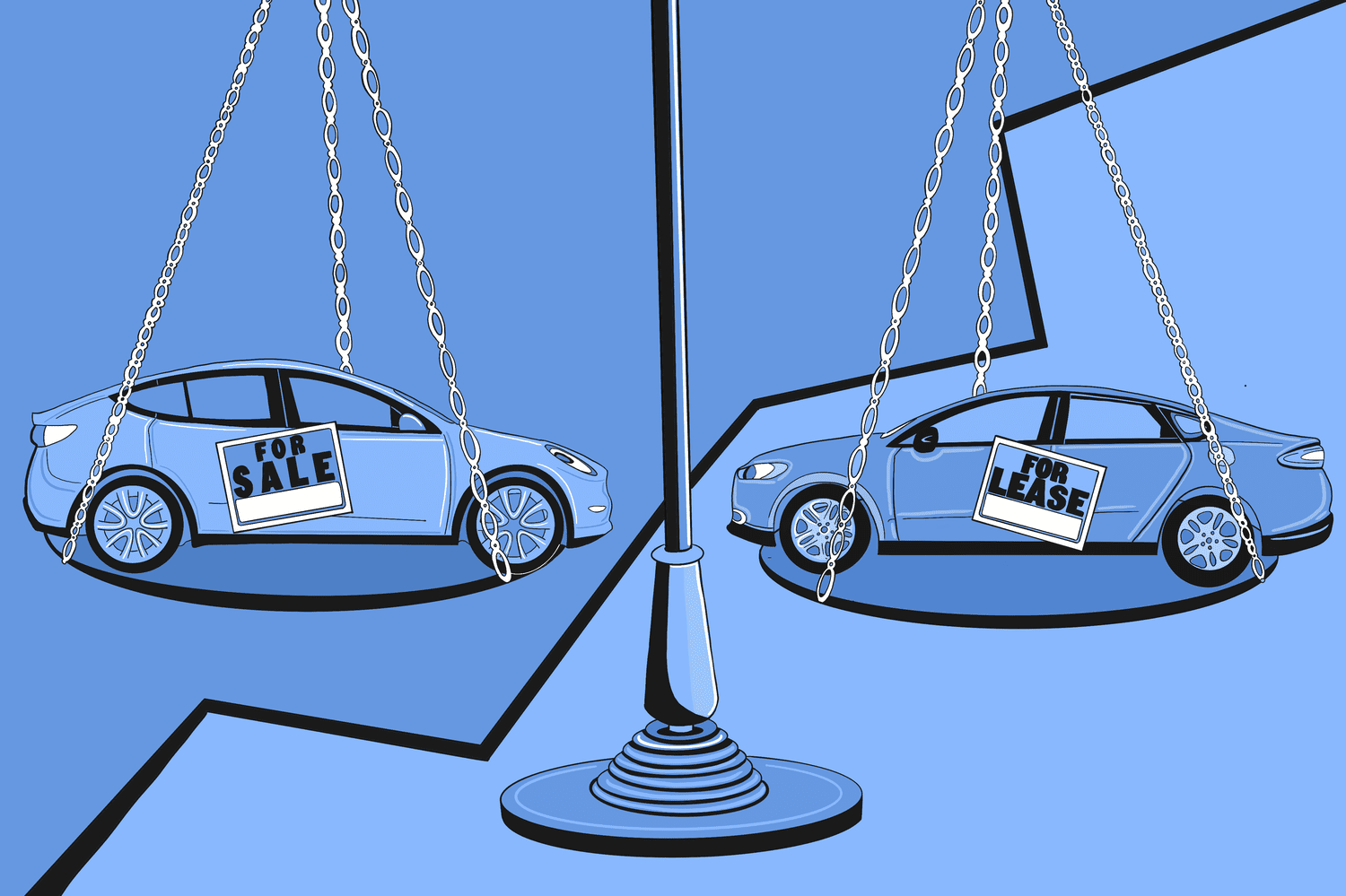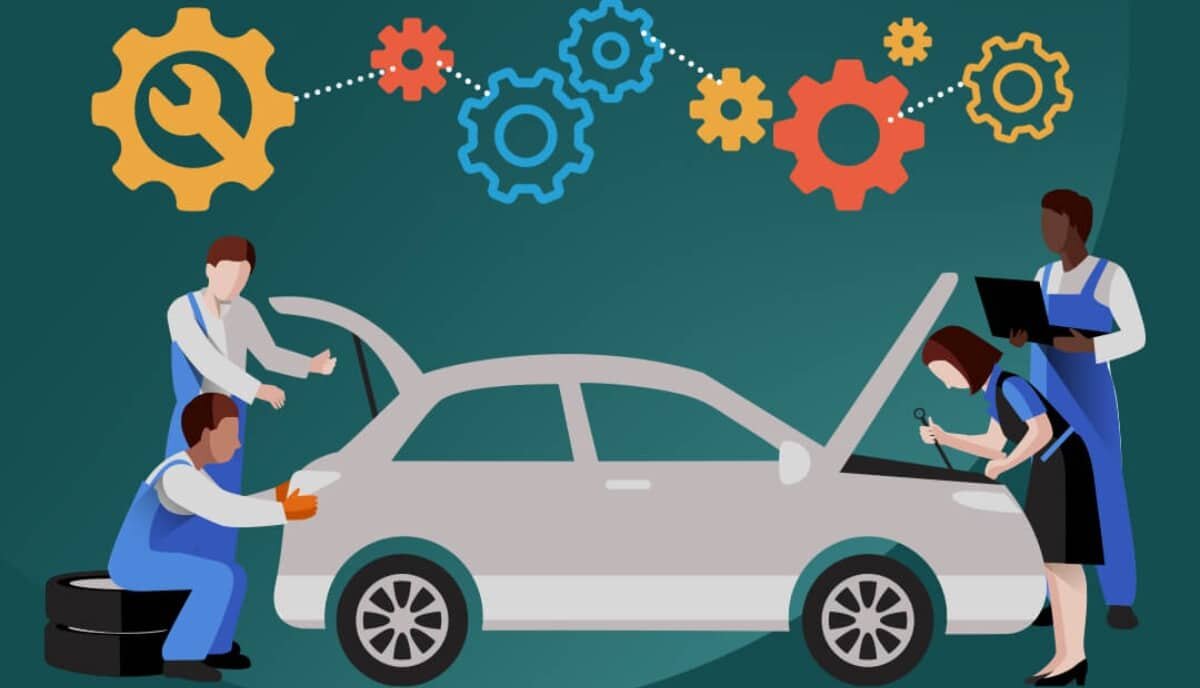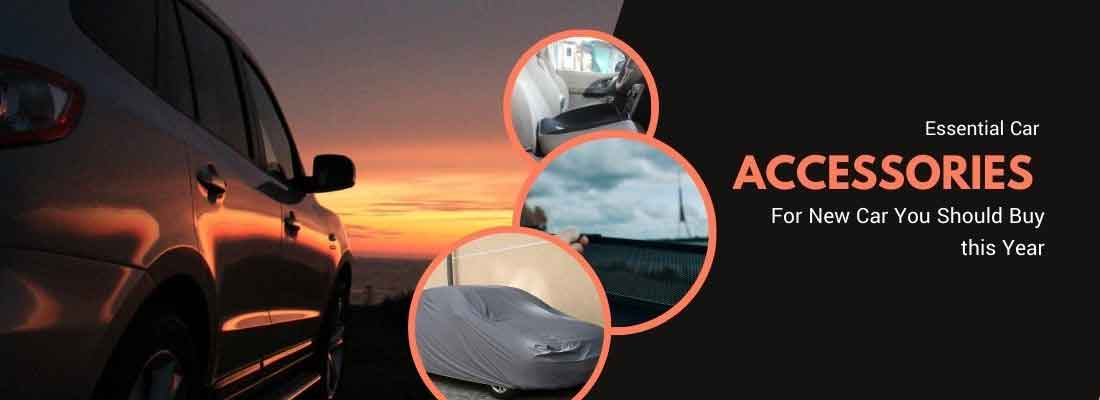Should you lease or buy your next car? This question has probably crossed your mind, especially if you’re in the market for a vehicle. It’s a debate as old as time—or at least as old as modern car financing! Each option has its own set of perks and pitfalls, so let’s break it down.
Understanding Car Leasing
What Does It Mean to Lease a Car?
Leasing a car is like renting it for a fixed period, usually two to four years. You get the perks of driving a new vehicle without the commitment of ownership.
How Does Leasing Work?
Lease Terms and Conditions
Your monthly payments are based on the car’s depreciation, interest, and other fees.
Mileage Restrictions and Fees
Most leases cap your mileage at 10,000–15,000 miles annually. Exceed that, and you could face hefty charges.
Benefits of Leasing a Car
Lower Monthly Payments
Leasing generally costs less per month than financing a car purchase.
Access to Newer Models with Advanced Features
Want the latest tech every few years? Leasing gives you that flexibility.
Reduced Maintenance Costs
Many leases include warranties that cover repairs and maintenance.
Drawbacks of Leasing a Car
No Ownership Equity
At the end of the lease, you don’t own the car—you simply return it.
Mileage Limitations
Driving too much can lead to expensive penalties.
Potential Extra Charges at Lease-End
From wear-and-tear fees to excess mileage costs, the end of a lease can be pricey.
Understanding Car Buying
What Does It Mean to Buy a Car?
Buying means full ownership. You either pay upfront or finance the purchase through a loan.
Financing vs. Paying in Cash
Advantages of Financing
Spread the cost over time, making it easier to afford.
Benefits of Paying in Full
Avoid interest fees and own the car outright immediately.
Benefits of Buying a Car
Full Ownership
Once the loan is paid off, the car is yours to keep or sell.
No Mileage Restrictions
Drive as much as you want without worrying about limits.
Potential for Resale Value
Even though cars depreciate, you can recoup some costs by selling.
Drawbacks of Buying a Car
Higher Upfront Costs
Buying requires a significant down payment or a loan.
Depreciation Over Time
Most cars lose value quickly, which can feel like a financial loss.
Ongoing Maintenance Expenses
Repairs can add up, especially as the car ages.
Comparing Leasing vs. Buying
Cost Comparison
Leasing may cost less monthly, but buying often wins financially in the long run.
Flexibility and Lifestyle Considerations
Leasing offers flexibility, while buying suits those planning to keep a car for years.
Long-Term Financial Implications
Buying builds equity, whereas leasing is purely an expense.
When Leasing Makes Sense
For Short-Term Needs
If you need a car for a few years, leasing is a smart option.
If You Prefer Driving New Cars
Enjoy the latest features without the hassle of selling or trading in.
When Buying Makes Sense
If You Plan to Keep the Car Long-Term
Ownership saves money over time compared to repeatedly leasing.
For Higher Annual Mileage Needs
Avoid mileage caps and penalties by owning your vehicle.
Factors to Consider Before Deciding
Your Financial Situation
Leasing suits tight budgets, but buying offers long-term savings.
Driving Habits and Lifestyle
Frequent travelers or families may find ownership more practical.
Future Plans
Consider how your decision aligns with your long-term goals.
Common Myths About Leasing and Buying
“Leasing Is Always Cheaper”
While monthly costs are lower, leasing can be more expensive over time.
“Buying Is the Only Way to Build Equity”
True, but equity doesn’t always outweigh depreciation costs.
Expert Tips for Making the Best Decision
Evaluate Total Costs
Include insurance, maintenance, and fees in your calculations.
Read the Fine Print Carefully
Understand lease terms or loan agreements before signing.
Seek Professional Advice if Needed
Consult financial or automotive experts for personalized guidance.
Conclusion
Leasing vs. buying comes down to your needs, budget, and lifestyle. Both options have distinct advantages and drawbacks. Take your time, weigh the pros and cons, and choose the path that aligns best with your goals.
FAQs
- Is leasing a car cheaper than buying in the long run?
Not always. Leasing is cheaper monthly, but buying often saves money over time. - Can you negotiate lease terms like you can with a car purchase?
Yes, you can negotiate the lease price, mileage limits, and fees. - What happens if you exceed the mileage limit on a leased car?
You’ll pay a per-mile fee, which can add up quickly. - Do leased cars include insurance?
No, you must purchase insurance separately for a leased car. - Can I buy the car at the end of a lease?
Yes, most leases offer a purchase option, often at a predetermined price.




